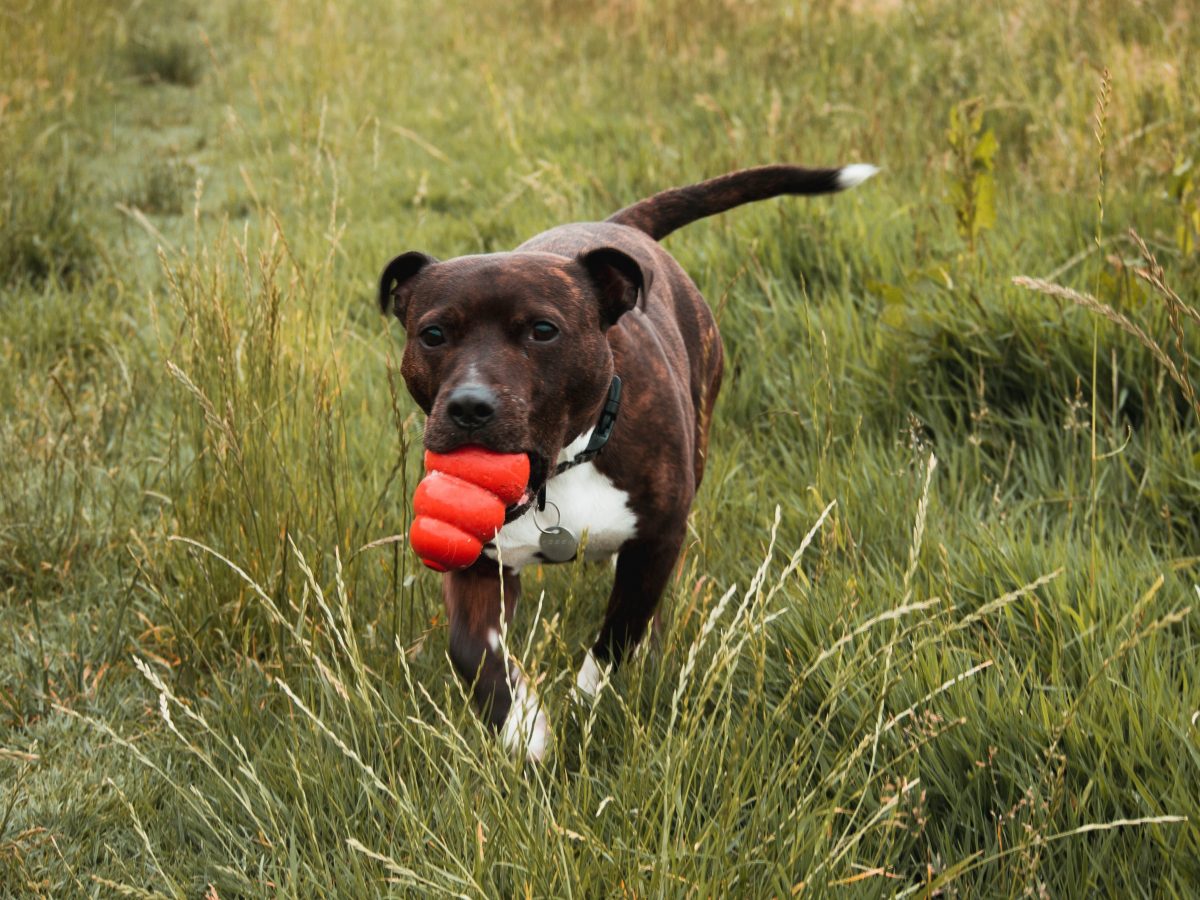Dog behaviour is very complicated, and so we tend try to simplify things to get our head around it. Unfortunately, it can be harmful to assume that all socialisation is good for dogs. Dog socialisation is not inherently good or bad, it just means a dog is interacting with another animal.

Every dog is unique in their own special way, just like people. However, it might surprise you to hear that there are some dogs that actually do not like to socialise with other dogs! This could be due to fear or anxiety from previous bad experiences. Unfortunately, some owners do not notice this, or they try to force their dog into social experiences in order to train them out of it. Inevitably this does not work, unless it is under the direction of an experienced dog trainer or veterinary behaviourist. In this case, owners may be assuming that socialisation is good for their dog, even when it is not!
This may be shocking to some readers, a bit like telling them that some children actually hate the taste of chocolate ice cream. Surely no-one would think it was ethical to force these children to eat chocolate ice cream. The same goes for socialisation.
So how do you tell if your dog is not enjoying socialisation with other dogs? This all depends on the context. Dogs that meet for the first time will display different signs to dogs that live together. If you are meeting another Dogshare user for the first time at a park for a play date, here are a few things to think about.
1. Both dogs need to be enjoying themselves. While your dog might enjoy socialising with some dogs, it may not enjoy it with others. This is due to the complex nature of dog personalities and their interactions.
2. It is very important to monitor the behaviour of both dogs and step in if it looks like either your dog or the other dog are uncomfortable with the situation. I have seen many cases in the park where one dog is said to be “just playing” with another dog, and yet the reality is closer to what we call bullying. Similar to the school playground, interactions need to be monitored and, if inappropriate behaviour is observed, then it needs to be stopped.
3. Be very wary of play-fighting in dogs, especially in dogs that have just met each other. While play-fighting is a wonderful display of play behaviour between dogs, it looks very similar to bullying in which one dog is playing in an overly aggressive manner with another dog who will tolerate it and fight back just enough to defend itself but is not enjoying the interaction. When this occurs, some owners may only realise that there is a problem once the dogs begin growling and the interaction has clearly stepped over the line into an actual fight. However, the problem occurred much earlier and should have been picked up then.
4. I like to call play-fighting “rough play”. It involves biting and wrestling on the ground, often with one or the other dog rolling onto their back at times. If you have a dog that likes to play rough with other dogs, you need to be very careful to make sure that the other dog is happy with this. As a general rule, most dogs do not want to engage in rough play when they first meet, and some will react aggressively if your dog tries to do this.
5. On the other side of the coin, do not let another dog engage in rough play with your dog unless you are absolutely sure that your dog is enjoying it. This kind of socialisation interaction could be uncomfortable for your dog and can cause them to develop aggression - a natural progression of behaviour in dogs that are bullied with rough play by unfamiliar dogs. In order to prevent unfamiliar dogs from engaging in rough play with them, they signal that they do not want to interact by barking and growling and snapping. If the other dog ignores these warning signs and continues to attempt to play, then a dog-fight will ensue.
I hope this article has helped you understand that there is a difference between beneficial/enjoyable socialisation, and what can be uncomfortable bullying leading to aggression. Not all dogs have to play with other dogs to enjoy their life, and many are simply happy to share each other’s company on a walk without interacting directly. This can conflict with the expectations of some owners who really want to see their dog playing with other dogs. Remember that when we walk our dogs, their enjoyment should come before ours.
Article written by:
By Dr. Dennis Wormald ©
BBSc, BSc (hons), BVSc (hons)